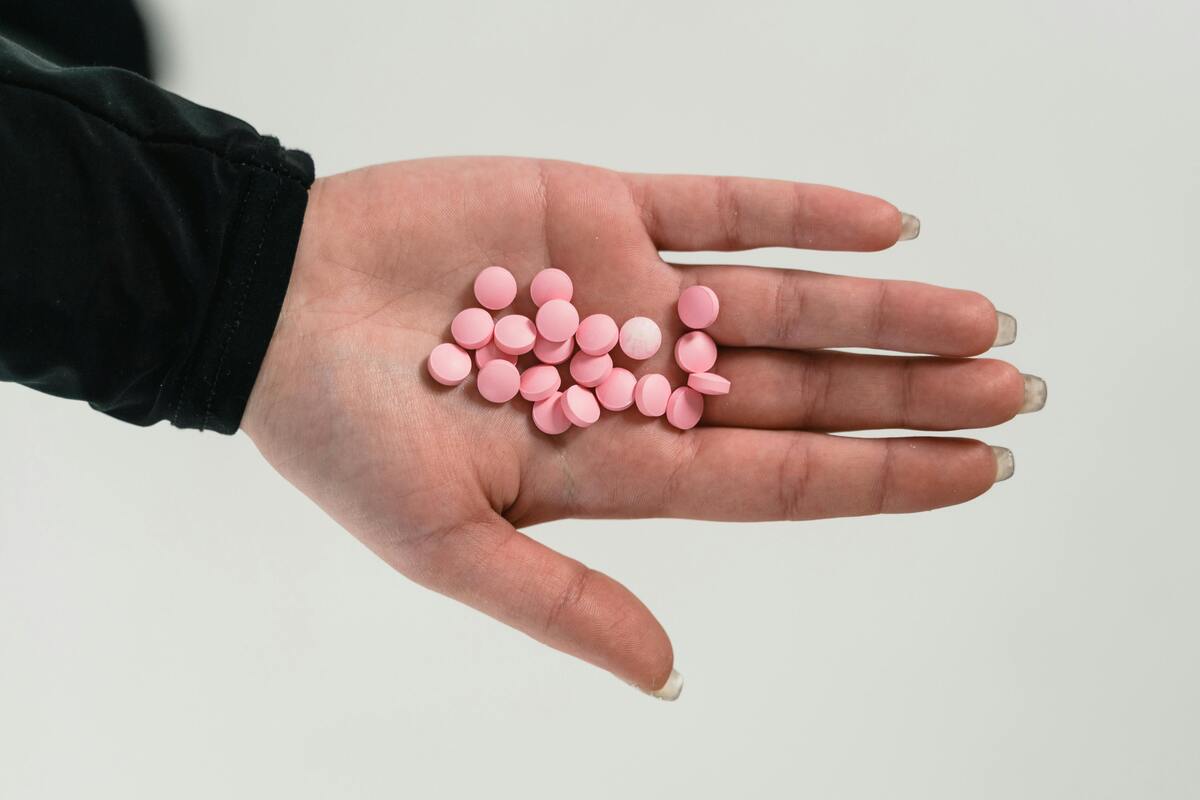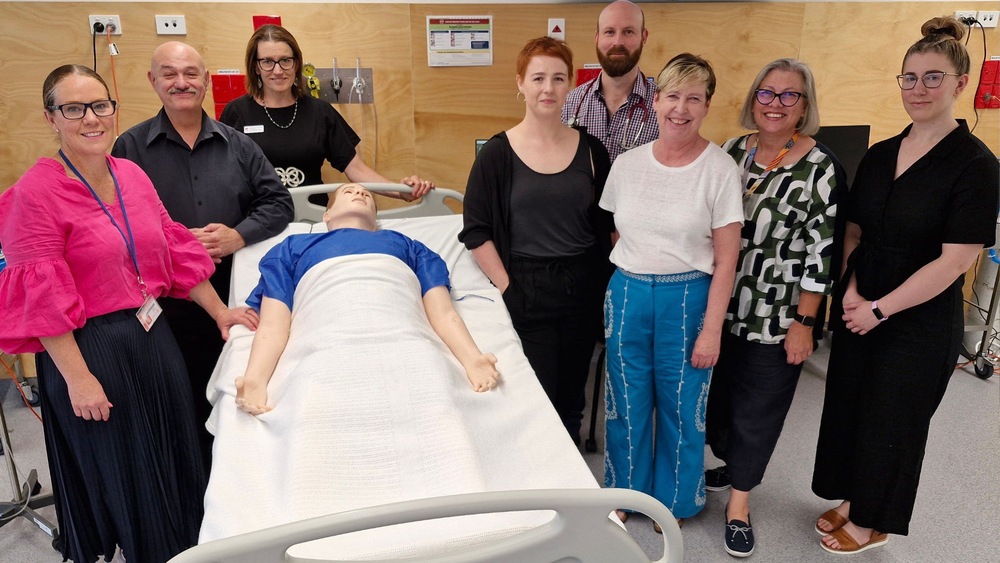Drug Summit Report shows magnified issues in rural areas
Lily Plass
11 April 2025, 3:40 AM
 Photo: Mart Production
Photo: Mart ProductionThe NSW Government received the Drug Summit Report on Thursday 3 April with 52 recommendations across key areas including prevention, early intervention, community support, stigma, workforce and reform.
Some deal specifically with how to support people seeking drug treatment in regional and rural areas.
The Drug Summit was held over four days in November and December last year with two regional forums in Griffith and Lismore.
The NSW Government invited public consultation through the 'Have your Say' portal from October to November 2024.
Out of 3,669 responses, 31 percent were from rural or regional NSW.
Issues that were common in metropolitan areas, such as short-term funding agreements were magnified in regional and rural areas according to the report.
"Equitable access would included being able to see addiction specialists and psychiatrists in the rural setting. Not relying on FIFO services," one respondent living in a rural/regional setting said.
Western NSW Local Health District Clinical Director Drug and Alcohol Stan Theodorou said the issues raised in the report are all relevant but some important points were left out.
"From my perspective, there appears to be a recognition that to provide drug and alcohol services out in rural and regional areas often requires more money," Dr Theodorou said.
"We get the same amount of money per capita as a metro area but that doesn't include the distances and recruitment problems.
Living in a town with a small population can have its pros and cons, Dr Theodorou said.
"Being in a small community can be useful because you know what's available but the downside from a patient perspective is it is easy to get known."
"Virtual care is good but it's not the answer either. People still like to be seen face to face. And from a medical point of view, sometimes you need to examine people."
Finding and retaining staff is also an ongoing issue.
"There's not a lot of people with mental health training working out in the remote areas," Mariaane Olk, Mental Health Clinician and member of the Rural Applied Drug and Alcohol Research Group (RADAR) committee along with Dr Theodoro, said.

The RADAR team. Photo: Charles Sturt University.
RADAR looks at the prevalence of drug and alcohol abuse in Western NSW which is higher than in other parts of NSW.
Ms Olk also performs mental health assessments in Lightning Ridge, Coonamble, Walgett, and Nyngan.
She said that many mental health teams operate out of larger cities such as Dubbo, Orange, and Bathurst, and psychiatrists are often maxed out.
"They don't get out to remote areas very often. The situation is pretty dire."
Yet, social stigma can make seeking treatment a challenge in and of itself.
"The main barrier is stigma and shame. Drug and alcohol treatment is often looked at as a personal failure rather than a medical issue," Ms Olk said.
Providing culturally appropriate care plays an important role in providing care to Indigenous patients in a space where they can feel safe and seen.
"Many people aren't culturally aware of people's circumstances and their family dynamics."
Something that Dr Theodorou felt was missing from the report was the focus on decriminalisation for private use.
"The government doesn't want to go there but if that's what would really reduce stigma and discrimination," Dr Theodorou said.
Greens MP and drug law reform and harm reduction spokesperson Cate Faehrmann said the report did not reach the height she expected.
“The number one priority for the majority of attendees to reduce drug harm was to remove criminal penalties for drug use and possession. It’s extremely disappointing that this was not a recommendation," Ms Faehrmann said.
Ms Olk said the situation is getting better but there is still room for improvement.
"There's still many people who can't afford treatment or there's long waiting times."



